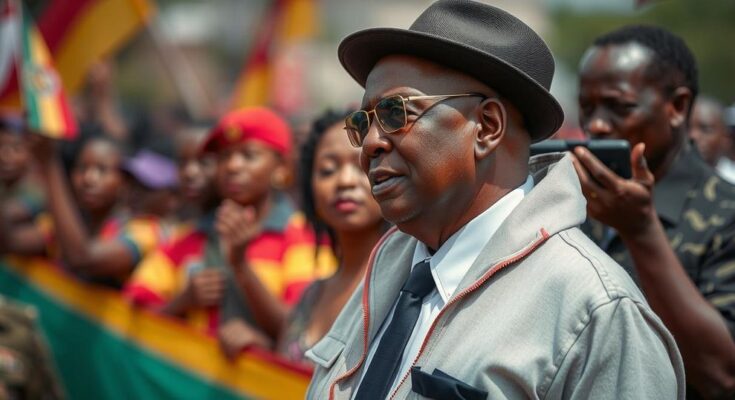Daniel Chapo is set to be inaugurated as the new president of Mozambique amidst protests and claims of electoral fraud. With opposition leaders such as Venâncio Mondlane challenging his legitimacy, Chapo faces a critical moment to unify the country and address its pressing issues like corruption and economic crisis. His approach will determine the success of his presidency amid public skepticism.
Mozambique stands on the brink of significant political change as Daniel Chapo, the president-elect, is scheduled to be sworn in amidst widespread protests and accusations of electoral fraud. Chapo, having garnered 65% of the votes, faces skepticism from opposition parties and the public regarding his legitimacy. With rival Venâncio Mondlane calling for demonstrations against him, Chapo is under immense pressure to address corruption, economic woes, and the divisions within the country. Critics argue that despite his competence, he assumes power in an atmosphere of distrust, which will complicate his efforts to unite the nation. Many are eager to see a departure from the previous administration’s approach under Felipe Nyusi, hoping that Chapo will prioritize national dialogue and reform to restore public confidence.
The recent elections in Mozambique have been marred by controversy, leading to calls for a national strike as Daniel Chapo assumes the presidency. With allegations of a rigged electoral process, Chapo’s election has sparked protests, both peaceful and violent. Opposition leaders, particularly Venâncio Mondlane, have denounced the legitimacy of Chapo’s victory and are mobilizing support for further unrest. In this volatile context, Chapo’s ability to navigate the political landscape and restore peace and economic stability will be closely scrutinized. His inauguration coincides with an urgent demand for national reconciliation and reform from an increasingly disenchanted populace.
In summary, Daniel Chapo’s ascension to the presidency of Mozambique occurs amid significant unrest and skepticism regarding his election’s legitimacy. As he faces protests led by opposition figures and a public yearning for change, his commitment to addressing pressing issues such as corruption and economic recovery will be critical. Effectively managing public sentiment and fostering dialogue with opposition leaders could pave the way for a more stable and united Mozambique. Only time will tell if Chapo can fulfill the expectations of his role while confronting the challenges that lie ahead.
Original Source: www.bbc.co.uk




